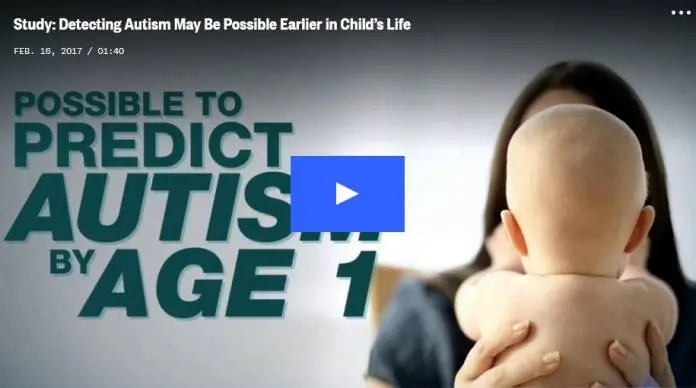
A new report released by the Centers for Disease Control and Prevention (CDC) suggests that one in 44 children in the United States have autism. In the research conducted in 12 states, the CDC found that the one-in-44 stat is proven among children aged 8 years old, even though the figure was one in 54 in 2016.
Health experts however believe that there is actually no increase in the number of autistic children in the country, but greater social awareness and the wider availability of treatment services. But the CDC went further to predict that by 2018, 50% more children under the age of four were more likely to be diagnosed with autism than in 2014.
One of the researchers, Kelly Shaw, stated that early diagnosis enables children to access helpful medical intervention that will improve their cognitive functions. She stated that the later children are identified as autistic, the harder it gets to improve their developmental outcomes through targeted health services.
Geraldine Dawson, director of Duke University’s Center for Autism and Brain Development, said the new CDC report is likely based on testing a larger population of children instead of focusing on a sample already diagnosed. To this end, she noted that the report may be true to reality than earlier ones conducted by the agency or other health researchers.
The authors of the study said they conducted research in 11 states where autism is usually higher than in others. They emphasized that the outcomes they arrived at are only estimates and do not reflect the situation nationwide. To this end, some of the results obtained showed one case in 26 Californian children and one in 60 for Missouri.
Before this time, earlier studies indicated that autism was higher in white children, but recent studies show that the rate of diagnosis is almost equal across different races. The CDC authors also found that it is slightly higher in black children in Maryland and Minnesota than in other states. In Utah, children from poor backgrounds were also found to be more infected than those from richer families, indicating that autism is no respecter of social class.
A CDC official who is also a researcher at the University of Utah, Amanda Bakian, pointed out that targeted health services by Medicaid and private health insurers may have caused the rate of incidence to drop in recent years, adding that parents must take their wards for medical attention if they observe anything unusual in their developmental growth.
Friday was the yearly observance of the International Day of Persons with Disabilities, a day adopted by the UN in 1992.











